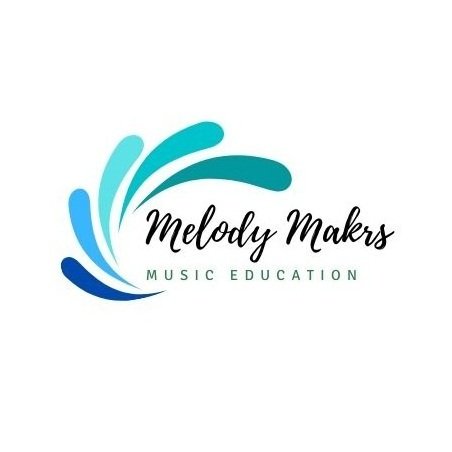Your Guide to Taking a Recorded Music Exam
Taking a music exam is a wonderful part of your musical journey. It's a fantastic way to boost your confidence, refine your technique, expand your repertoire, and celebrate all your hard work. This guide focuses on a popular and flexible option: the recorded music exam.
What Is a Recorded Exam?
Recorded exams offer a different approach to the traditional face-to-face exam. They provide more flexibility and a less intimidating performance environment. Here are the key differences:
Certification: Your certificate will specify "Recorded," for example, 'Step 1 (Recorded)' or 'Grade 1 (Recorded)'. While the pieces are the same, the academic weighting is slightly different.
Syllabus: The syllabus for recorded exams focuses on performance. The aural tests and sight-reading elements of the traditional exam are not included. Instead, for Grade 1 and above, you will be asked four standard questions to demonstrate your Music Awareness. These will be discussed with your teacher beforehand.
Flexibility: A major benefit of recorded exams is that they can be entered at any time of the year. This is a great contrast to face-to-face exams, which are only offered during three set periods.
Making Your Recording
We handle the entire recording process during your regular lesson time. This is a huge benefit because you won't have to miss school or work to attend a specific appointment. It also allows you to be in a familiar, comfortable environment. We can make as many recordings as needed to capture your very best performance!
Your Introduction and Performance
Every recording needs to be introduced by you. Simply state the title and composer of each piece before you play it. Remember that the recordings cannot be edited in any way, so practicing your introduction beforehand can be a great idea.
For those taking virtual lessons, just make sure your camera is positioned to give a good view of you and your instrument.
Nerves Are Normal
It's completely natural to feel nervous before or during your recording. Many professional performers feel the same way! As the old proverb goes, "It's not about the absence of fear, it's about becoming the master of fear." Remember that we are here to support you every step of the way, and we'll take the time to get a great recording you can be proud of.
Entry and Results
Once you're ready, we will submit your entry. To do this, we'll need a photographic ID confirming your date of birth and the correct spelling of your name. This is exactly how your name will appear on the certificate, and it's not possible to change it once it's been printed.
The exam board typically issues results within two to three weeks of the exam. You will receive a mark form that details your scores for each part of the exam, along with an overall total. The comments on the form are a great way to understand your strengths and areas for improvement.
The final certificate is a fantastic way to celebrate your achievement and officially recognize your hard work.
After the Exam: Celebrate!
We believe the most important thing is celebrating the achievement of doing the exam, not just waiting for the results. So, once you've finished, what better excuse is there to treat yourself to a celebratory piece of cake!
If you have any questions, please feel free to contact Claire at claire@westonshaw.com.
Kind regards,
Claire, Steve, Emily, Tiago
